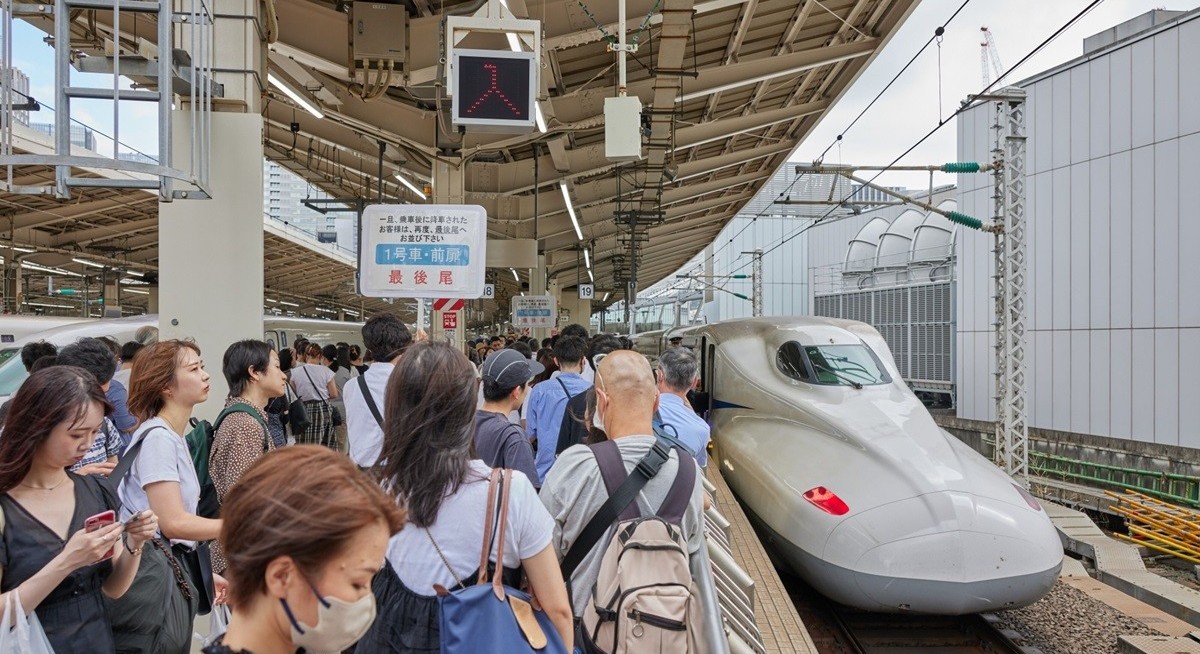However, data from Spiva (S&P Indices versus Active) research challenges us to reconsider the consensus perception of Japanese equities as a beta market. The data strongly suggests that the Japanese equities market stands out as one of the most attractive destinations for alpha generation. Over the past 15 years, 22% of active equity managers in Japan outperformed their benchmark. This contrasts with 11% for the US and 8% for Europe. From this perspective, Japanese equities stand out as a relatively attractive source of alpha for global portfolios.
The Japanese equities market has unique features that contribute to the persistent inefficiencies in the Japanese equities market. To begin with, sell-side coverage in Japan is significantly lower than that of its developed market peers, such as the US and Europe. Other contributing factors specific to the Japanese equities market include a less developed domestic equity investing culture and a period of neglect by foreign investors that lasted over three decades. Many investors also find that Japan’s distinctive cultural and business environment makes it more challenging to navigate the price discovery process than most other developed markets.
The regime changes that are underway boost the appeal of the Japanese equities market as a fertile ground for alpha generation. The normalisation of the Japanese economy after three decades of deflation provides earnings growth tailwinds for companies with strong pricing power, while those with high variable costs and low pricing power are likely to lag, for example. The return of animal spirits in corporate Japan is also driving industry consolidations in the domestic market, which have been long overdue, producing both winners and losers. Companies that pursue corporate reforms with urgency have a greater potential for creating shareholder value than those that drag their feet. Prospects for improving return on equity (ROE) through corporate reforms also vary significantly by company. These examples of the currents generated from regime change are introducing fresh tailwinds for alpha generation that have been absent over the past three decades.
This brings us to the question of whether we are missing the alpha for the beta? Data from financial market research firm EPFR suggests that the consensus continues to view Japanese equities as a beta play. Active managers continue to lose share to passive investing despite evidence that Japan’s equities market is significantly less efficient than its developed market peers. As evidence that the regime changes in Japan are here to stay continues to accumulate, a key question global investors should ask themselves is whether the benchmark is providing adequate access to the best opportunities arising from these regime changes.
See also: One swallow does not make a summer: China’s AI IPOs excite, but uncertainty lies ahead
Our view is that the benchmark is unlikely to be a reasonable proxy for global investors seeking to benefit from the regime changes in Japan. Firstly, around 60% of the Topix benchmark are companies with significant earnings from overseas. Investors are structurally under-exposed to the opportunities from the normalisation of Japan’s domestic economy in this regard. Secondly, the shareholder value creation potential from corporate reforms does not benefit all companies equally. The speed of progress for corporate reforms and the scope for ROE improvements can vary greatly by company.
Active management is arguably a more effective approach for global investors who seek to benefit from the regime changes in Japan. Active stock selection can provide investors with targeted exposures to the winners from the normalisation of the domestic economy. For example, the multi-year domestic capital expenditure (capex) cycle underway, following three decades of underinvestment, has benefitted electrical engineering companies with unprecedented pricing power. The earnings growth outlook is at its strongest in a generation for this group of companies that make up less than 1% of the Topix benchmark. Consequently, electrical engineering companies have substantially outperformed the Topix over the past three years.
Active managers can also provide investors with access to corporate reform opportunities that have the most compelling potential for creating shareholder value. The list of successful corporate reform beneficiaries has steadily expanded over the past few years. An industrial conglomerate with core strengths in information technology services and power grid capital goods is widely highlighted as the poster child of corporate reforms in Japan. This company’s shares have significantly outperformed the Topix benchmark since 2022, as strategic initiatives over the past decade have begun to deliver tangible results. The stock used to trade at around eight to 12 times forward P/E, a deep valuation discount to its global industrial peers due to subpar return on equity (ROE) and unreliable earnings growth delivery. Corporate reforms have led to a business portfolio with ROE and earnings growth potential that are comparable to its leading global peers. The stock now trades at a forward P/E valuation of over 20 times, which is broadly in line with its international peers.
See also: Enjoying the view, checking the parachute
The sun is rising in corporate Japan again. The regime changes are reshaping the arc for Japanese equities in the future — one that contrasts with the one to which global investors have become accustomed over the past three decades. It is time for investors to reconsider active management in Japan for a unique source of alpha for global portfolios.
Chen Hsung Khoo is a portfolio manager and research analyst at Templeton Global Investments




